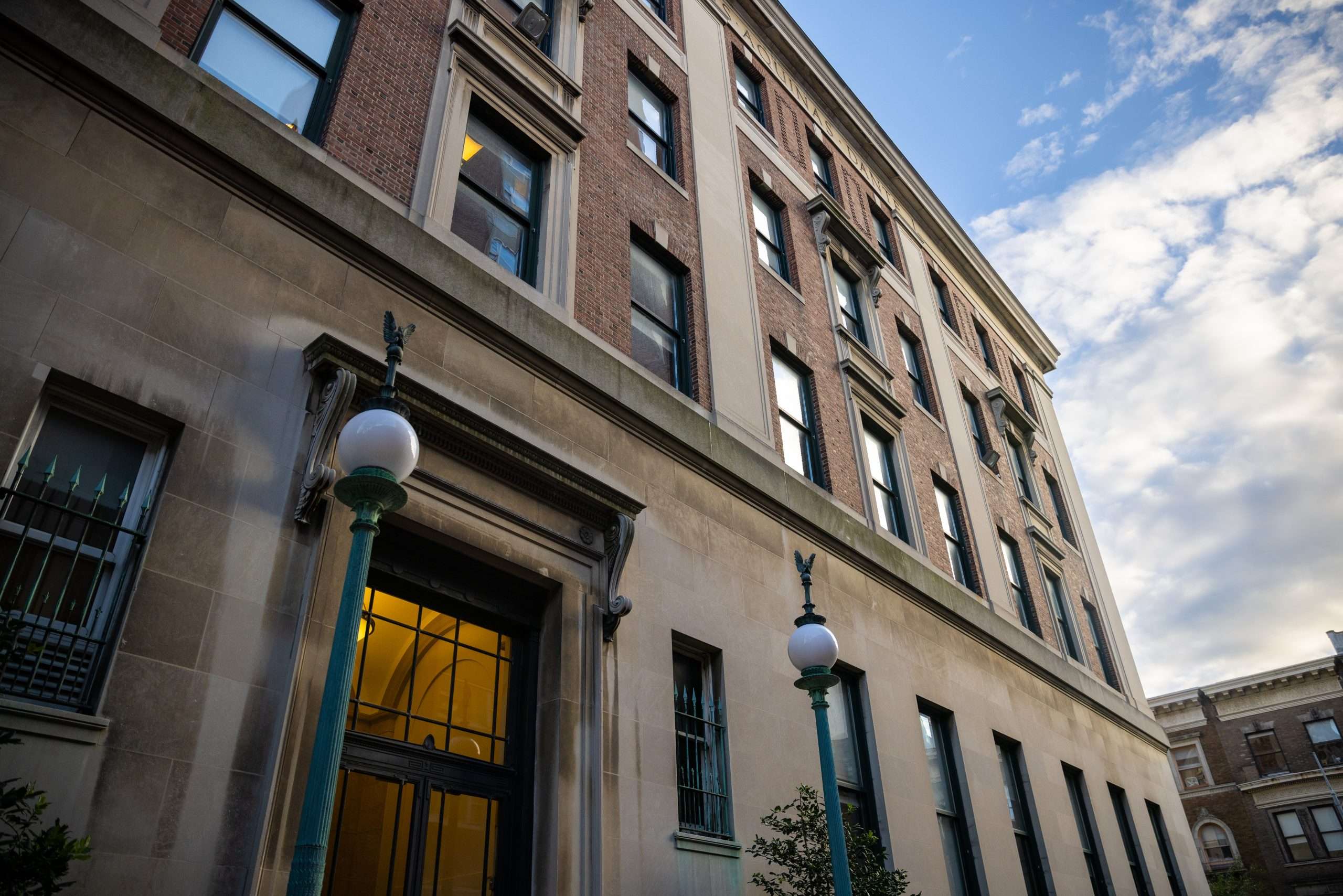The Ivy Coach Daily
How to Identify Safety Schools in College Admissions

There are no guarantees when it comes to college admissions. That’s why it’s wise to apply to one or two safety schools (colleges that will admit you without a doubt) in addition to a healthy amount of reach schools (schools that may not accept you but are worth the shot). But how does one identify a safety school? Sure, the local state university that admits 80% of applicants is probably a safety school, but what about the private research university with a 40% acceptance rate? Let’s clear up this gray area and give you the tools to distinguish between safety and reach schools.
What is a Safety School?
A safety school is one that, based on its track record of acceptance, will likely admit you no matter what — and they are schools our students at Ivy Coach rarely need to apply to. Why? Because our students overwhelmingly get in during the Early Decision/Action round. But for those students interested in applying to safety schools, it’s important to remember that highly selective schools accepting less than 20% of applicants are not safety schools for you or anyone else! Instead, safety schools typically have acceptance rates in excess of 50%.
If you aim to get into an Ivy League school, for example, and your academic profile looks like that of the typical admitted student at your reach school, you can stray closer to schools with acceptance rates closer to 50% when choosing safety schools but never below 50%. If there is doubt about your competitiveness, however, and you’re unsure if you’ll be able to get into a highly selective school based on your academic profile, you should take no such liberties when choosing safety schools — stick to the ones that accept a majority of applicants.
Recommended Safety Schools
When researching safety schools to apply to, it’s best to start with the local public universities in your state (our students at Ivy Coach always apply to top public schools in the Early round along with their top choice private school or schools), which typically accept a higher percentage of in-state students. In some states, such as Texas or California, you can qualify for guaranteed admission to certain schools if you meet specific academic criteria, such as graduating in the top tenth of your class. So your search should begin with places like UC Riverside, UT San Antonio, Michigan State University, etc.
Next, look into private schools that offer significant merit-based aid, like Illinois College or Lesley University. Even though most have never heard of these types of schools and many of these schools have high tuition costs at face value, they tend to lavish their top students with so many scholarships and grants that a free ride is possible! But, of course, with the exception of UC Riverside which is just an extra check box on the University of California application, our students at Ivy Coach have never once applied to such institutions — because they don’t need to!
Use Your High School’s Admissions Data to Help Predict Your Odds
The unfortunate reality of elite college admissions is that a student’s high school is a significant indicator of their admissions prospects. Some schools maintain strong ties to elite admissions offices, and others don’t. It’s essential to understand where your school falls on this spectrum. Most high schools maintain online databases of admissions data from the past few admissions cycles. Contact your high school counselor to find out how to access yours if you can’t find it online.
Most schools use Naviance, but SCOIR and Maialearning are sometimes used, too. Once you find your school’s admissions data archive, look at the recent history of acceptances. This data is usually presented as a scattergram, which will help you understand general admissions trends. If you set your sights on Harvard, you’ll likely find that many or most students from your school were rejected. In this case, Harvard is a reach school.
On the other hand, a moderately selective school like SUNY Binghamton might have a strong track record of acceptance at your high school. Suppose this is the case, and your grades and test scores exceed the academic profile of the average student admitted to Binghamton (as gleaned from publicly available data on their website or through The Common Data Set). In that case, that’s a good indication that you can consider Binghamton a safety school. If your academic profile far exceeds that of the average student at Binghamton, you have little to worry about — unless your high school has a poor track record of matriculations.
Admissions Officers Sometimes Hold Grudges Against High Schools
Huh? That’s right. If five students from your high school were admitted to your so-called safety school last year and none matriculated, it’s not above admissions officers at this scorned college to hold a grudge against your high school for hurting their yield rate. If they can’t expect anyone they admit from your school to enroll, they might neglect to accept you even if you’re highly qualified. Pursue your school’s acceptance data with an eye toward matriculation, too! This tricky data point could turn a safety school into scorched earth. This is also true of reach schools!
A Common Myth About Choosing Safety Schools
While you’re knee-deep in college admissions, your high school counselor might tell you to balance your roster of applications between reach and safety schools. For example, if you want to apply to four Ivy League schools, they might encourage you to apply to four safety schools just to be safe. We at Ivy Coach can see right through this bad advice! If you’ve done your research (as outlined by this blog), and have identified the true safety schools you are quite sure you can get into, you only need to apply to up to two. Why waste valuable time, money, and resources on applications to schools you don’t want to attend?
Ivy Coach’s team of former elite college admissions officers is not in the business of telling our clients to take the safe road to a passable undergraduate education. We will work with your child to optimize their odds of admission to the best schools within their reach.
If you’re interested in optimizing your child’s admission odds to a highly selective college, fill out our complimentary consultation form and we’ll be in touch.
You are permitted to use www.ivycoach.com (including the content of the Blog) for your personal, non-commercial use only. You must not copy, download, print, or otherwise distribute the content on our site without the prior written consent of Ivy Coach, Inc.
TOWARD THE CONQUEST OF ADMISSION
If you’re interested in Ivy Coach’s college counseling, fill out our complimentary consultation form and we’ll be in touch.
Get Started




